Soundbreaking - Season 1
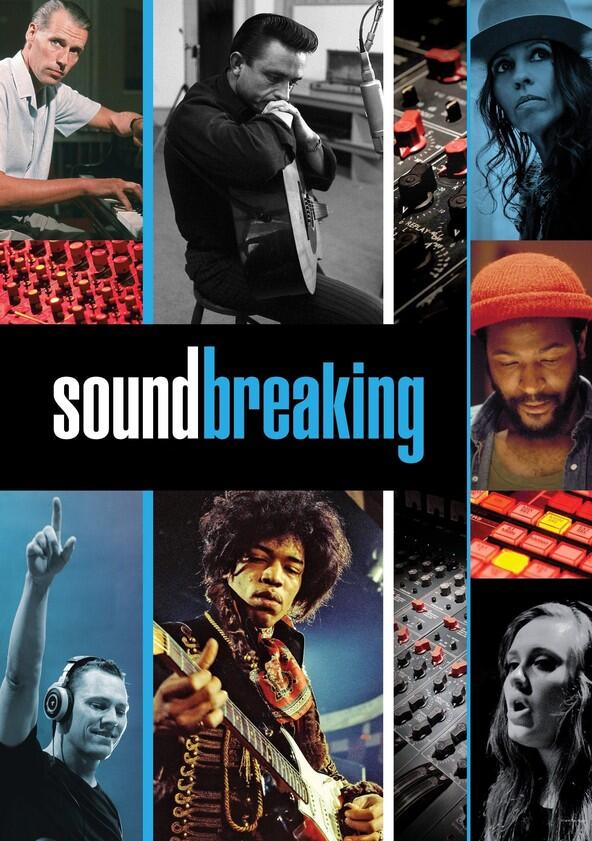
Season 1

Episodes
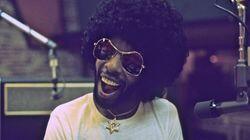
The Art of Recording
Soundbreaking begins where a recording does--at the intersection of inspiration and execution. There stands the enigmatic figure of the record producer, the person charged with the critical task of both realizing an artist's vision and capturing it for posterity. Profiling some of the most accomplished and revered producers in the recording industry, Episode One offers a study in contrasting styles and approaches: between the inspired guidance of George Martin in his work with The Beatles and Phil Spector's dictatorial insistence on his signature sound; between the gentle coaxing with which Rick Rubin brought Johnny Cash back to greatness, and the fierce creative independence of artist-producers such as Joni Mitchell and Sly Stone. In the process, The Recording Artist underscores the way in which any music recording is the product of a delicate and infinitely variable balance between man and machine.
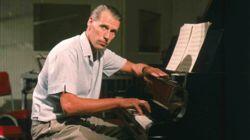
Painting with Sound
The second episode in our series chronicles a watershed event in the history of music: the moment when the recording studio itself effectively became an instrument and gave rise to sounds that could never be reproduced live. Beginning with the advent of magnetic tape and multi-tracking technology, and charting its evolution from the four or eight tracks used by The Beatles and The Beach Boys, to the sixteen- and twenty-four track productions created by Pink Floyd and Fleetwood Mac, to the digital innovations that today fuel the work of artists such as Beck, Bon Iver, and Radiohead, Painting with Sound traces the birth and development of a new art form--one wholly distinct from what throughout all prior human history had been meant and understood by the word "music."

The Human Instrument
Celebrating the most powerful of all instruments--the human voice--the third episode of Soundbreaking surveys the range of ingredients that go into a perfect vocal track. At once the most fundamental component of a song and the most challenging to capture, the vocal track is the product of a complex collaboration between performer, producer, and sound engineer--a titrate of artistic commitment, compelling concept, and technical wizardry that, at its best, turns a lyric into the soul of the song. Featuring rare studio footage of some the world's most renowned vocalists--from blues divas to suave crooners to rock star screamers--the show considers the gamut of tricks and techniques that can both enhance and alter the human voice, and explores the ineffable emotional quality that makes a vocal track truly great.
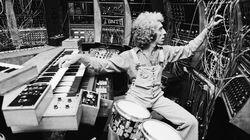
Going Electric
The fourth episode in our series tells the story of the most elemental force in recording--electricity--and the musical revolution it sparked. Highlighting the way in which electricity has been harnessed and channeled to create new and never-before-heard sounds, Going Electric traces both the chain reaction unleashed by the invention of the electric guitar and the evolution of synthesized music. From Delta blues to Chicago blues to The Rolling Stones and Jimi Hendrix, from Stevie Wonder and The Who to EDM, Episode Four looks at the process by which science and engineering becomes sound, and reveals the power of technology to continuously redefine what we mean when we say the word "music."

Four on the Floor
Charting the progression of the beat in music, featuring contributions from musical luminaries Nile Rodgers, Carlos Santana, and Robin and Barry Gibb.
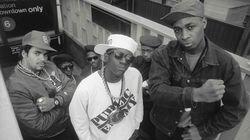
The World is Yours
A fascinating look at the origins of sampling. Chuck D, Moby, Neneh Cherry and Debbie Harry all share their thoughts on the art of the mix.

Sound and Vision
Tracking the music video from MTV to the internet. Billy Idol, Dave Stewart, Eric Clapton and Tom Petty discuss how a marketing tool became a new medium.

I Am My Music
Shifts the focus away from the creation of music to the experience of listening to it, and to the formats that have shaped and ultimately defined that experience. From vinyl, cassette tape, CD, and MP3, each generation has had a piece of musical media to call its own– a way of listening that determines not only how and where we listen, but also the manner in which we collect, store, and share the music we love. What remains unchanged is the fundamental miracle of recorded music for the listener: the music we listen to becomes a pivotal part of who we are.
Recently Updated Shows

Grosse Pointe Garden Society
In Grosse Pointe Garden Society four members of a suburban garden club, all from different walks of life, get caught up in murder and mischief as they struggle to make their conventional lives bloom.

The Rookie
The Rookie is inspired by a true story. John Nolan is the oldest rookie in the LAPD. At an age where most are at the peak of their career, Nolan cast aside his comfortable, small town life and moved to L.A. to pursue his dream of being a cop. Now, surrounded by rookies twenty years his junior, Nolan must navigate the dangerous, humorous and unpredictable world of a "young" cop, determined to make his second shot at life count.

Common Side Effects
Common Side Effects follows former high school lab partners Marshall and Frances who begin to unravel a conspiracy involving big pharma and the federal government to suppress knowledge of a rare mushroom that may hold the key to curing all the world's diseases.
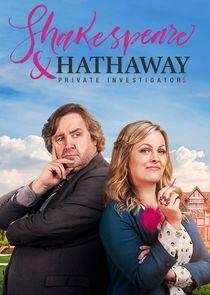
Shakespeare & Hathaway - Private Investigators
Frank Hathaway, a hardboiled private investigator, and his rookie sidekick Lu Shakespeare form the unlikeliest of partnerships as they investigate the secrets of rural Warwickshire's residents.
Beneath the picturesque charm lies a hotbed of mystery and intrigue: extramarital affairs, celebrity stalkers, missing police informants, care home saboteurs, rural rednecks and murderous magicians, embezzling accountants and abducted au pairs, blackmail, comp claims and custody cases, all-night stake-outs and professional hits. Our odd couple of detectives will put the world to rights as they snoop and pry. They disagree on almost everything, yet somehow, together, they make a surprisingly effective team. Although they would never admit it.
